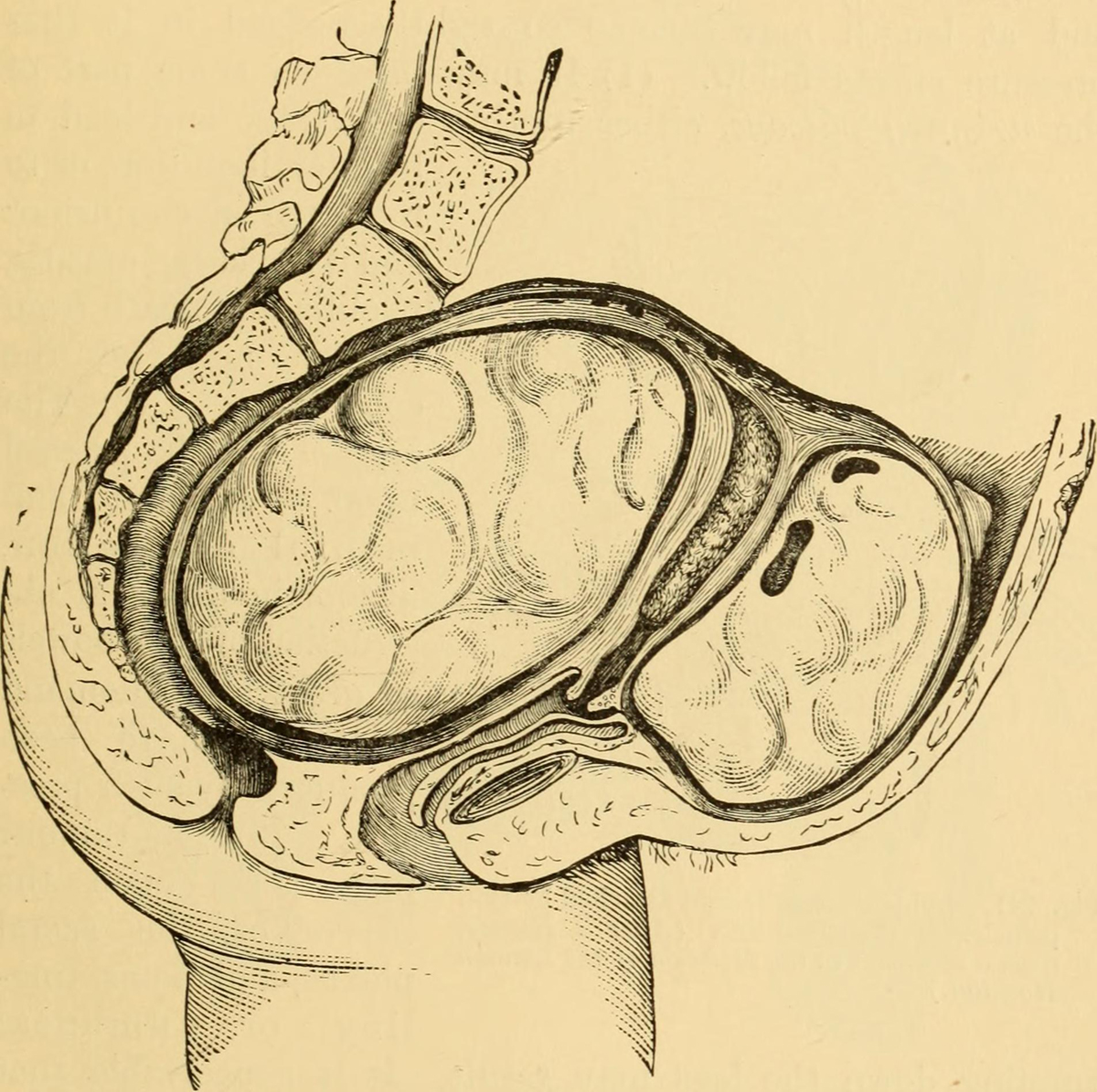
Uterine fibroids are benign tumors which appear on the uterus. They are not cancerous and in most cases they are not considered to be dangerous, although their symptoms can sometimes be debilitating for women who suffer from them. They usually appear in the middle or late phase of reproductive period. In many cases, especially if they are asymptomatic (show no symptoms), doctors recommend waiting until menopause when they will naturally shrink.
Causes and risk factors
Most experts agree that uterine fibroids are result of interaction of a number of factors, which come together at a certain point and cause fibroids. It is not possible to predict if a woman will have fibroids or if she is prone to them, although certain factors are known to increase the risk.
High estrogen levels are believed to contribute to the growth of uterine fibroids so measuring them and controlling them is a good strategy against fibroids. Estrogen is stored in fat cells so women who have high estrogen levels are usually advised to maintain a healthy body weight through diet and exercise.
Toxins and pollutants in the body are another factor that may cause fibroids. They are stored in the liver, which can mimic the estrogen action and thus increase the chance of developing uterine fibroids. Detoxing is a good way to expel them but it has to be done carefully, preferably under an expert’s supervision.
Fibroids usually appear in women who are in their thirties and forties. Women who have never had children or who gave birth early in their life, as well as the women of Afro-Caribbean ancestry are considered to be at risk.
Genetics can be a factor too, so women whose mothers had fibroids should have check-ups for fibroids more frequently.
Women who are prone to inflammatory conditions have higher risk of uterine fibroids. They can prevent them by eating foods that have anti-inflammatory properties, like oats, hops and cumin.
Symptoms and treatment
For some women uterine fibroids show no symptoms at all. Some women only have a few of them while the others have many.
Symptoms of fibroids can include heavy or painful periods, pain in lower back or abdomen, pain during intercourse, painful bowel movement, problems with urination, and bloating.
Some uterine fibroids do not require treatment and they shrink with time, usually after the onset of menopause.
If they do require treatment, it usually consists in surgery or medication. However, according to some experts, these forms of treatment cure the condition only temporarily and relieve the symptoms, while they do nothing to prevent the new formation of fibroids.
There are practitioners that treat uterine fibroids in a natural way, however they are not always easy to locate, their wait lists can be very long and their prices can be very high.
Women who have uterine fibroids should weigh the pros and cons of different ways to treat them and decide what to do only after a careful consideration and after consulting several professionals.






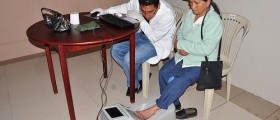
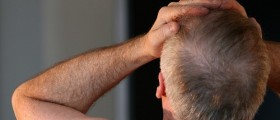
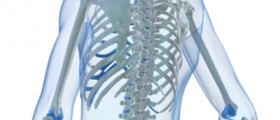




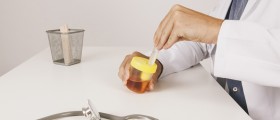



Your thoughts on this
Loading...